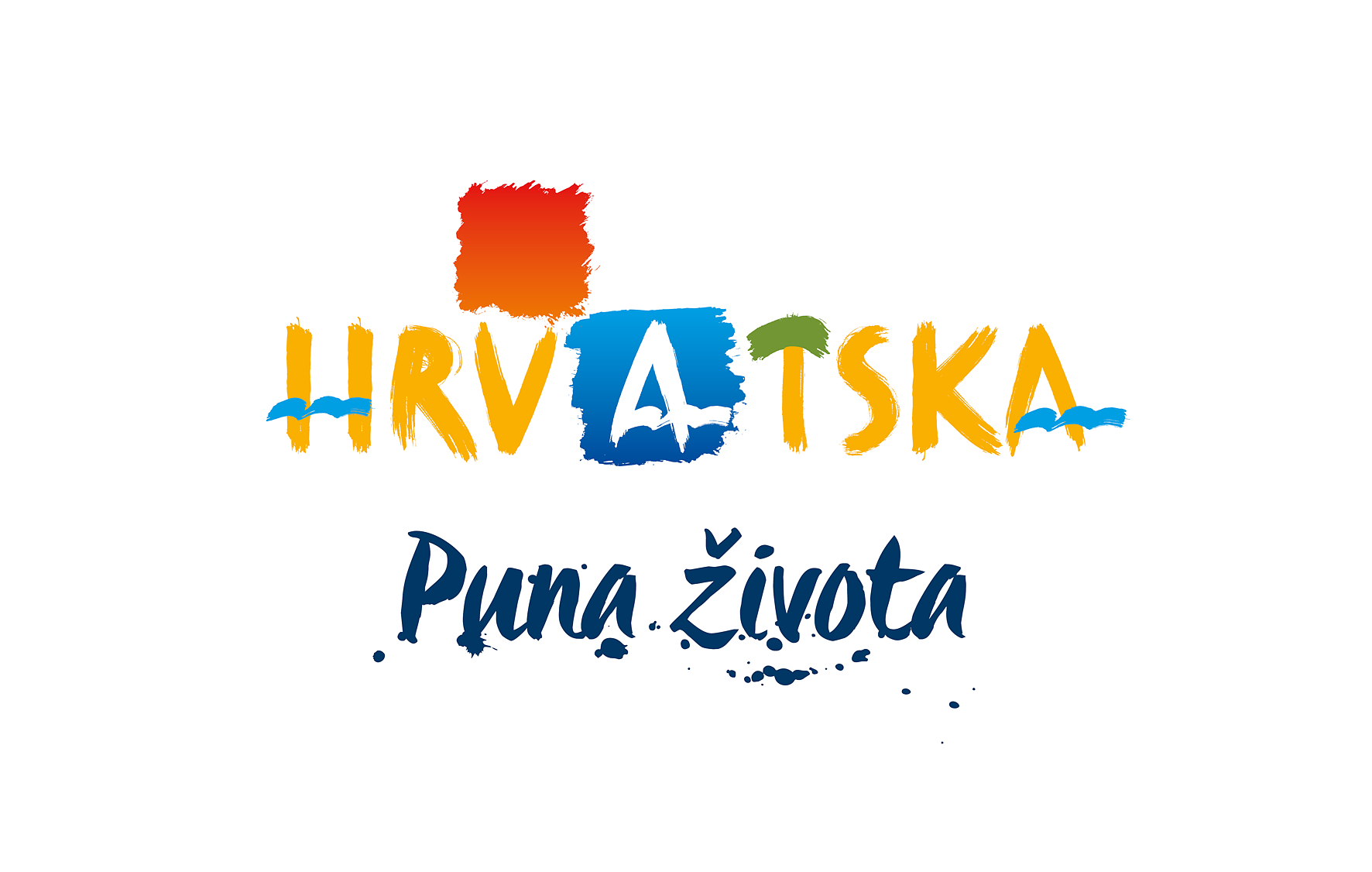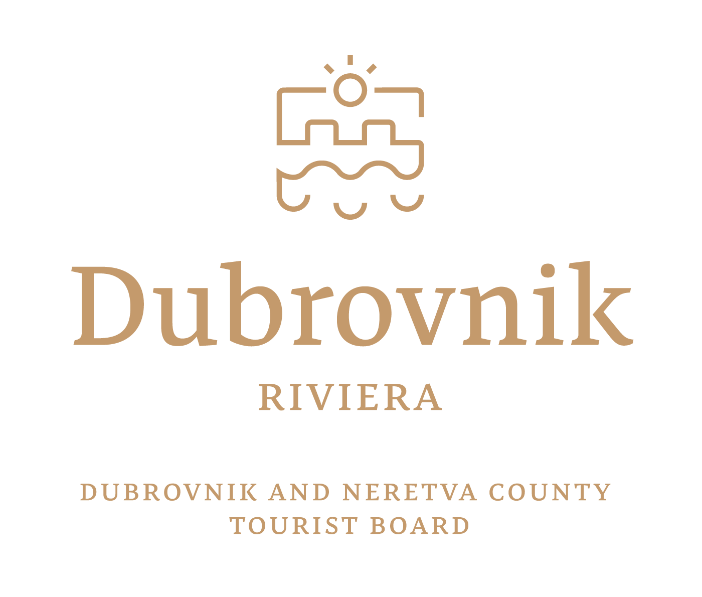NATURA 2000
Das ökologische Netzwerk Natura 2000 (EM) ist ein kohärentes europäisches ökologisches Netzwerk, das sich aus Gebieten zusammensetzt, in denen sich natürliche Lebensraumtypen und Lebensräume wildlebender Arten befinden, die für die Europäische Union von Interesse sind, und die die Erhaltung oder, wenn nötig, die Wiederherstellung eines günstigen Erhaltungszustands bestimmter natürlicher Lebensraumtypen und Lebensräume von Arten in ihrem natürlichen Verbreitungsgebiet (ZZP) ermöglicht. Es basiert auf EU-Richtlinien (Habitatrichtlinie und Vogelschutzrichtlinie), die Auswahl der Gebiete erfolgt anhand vorgegebener fachlicher Kriterien und berücksichtigt die Interessen und das Wohlergehen der in EM-Gebieten lebenden Menschen. Ihr Ziel ist die Erhaltung oder Wiederherstellung eines günstigen Zustands gefährdeter und seltener Arten sowie natürlicher und naturnaher Lebensraumtypen in bestimmten, nach wissenschaftlichen Kriterien ausgewählten Gebieten. Die Bereiche des ökologischen Netzes und die Zuständigkeiten öffentlicher Institutionen für die Verwaltung von EM-Gebieten werden durch die Verordnung über das ökologische Netzwerk und die Zuständigkeiten öffentlicher Institutionen für die Verwaltung der Bereiche des ökologischen Netzwerks festgelegt. Gemäß der genannten Verordnung lag die Zuständigkeit für die Gebiete des ökologischen Netzwerks für die Bewirtschaftung und die Annahme von Bewirtschaftungsplänen auf der Insel Mljet beim Nationalpark Mljet. Die Gebiete unter NATURA 2000 sind:
1) Saplunara
2) Slatina bei Kozarica
3) Blatina bei Sobra
4) Blatina bei Blat
5) Blatina bei Prožura
6) Küstenlinie vom Hafen Gonoturska bis zum Kap Vratnički
7) Die Nordküste vom Kap Pusta in der Sobra-Bucht bis zum Kap Stoba in der Nähe der Okuklje-Bucht mit Inseln und
Wasserfläche
8) Zaglavica
9) Movrica-Höhlen
10) Ostaševica-Höhle
11) Halbhöhle bei Sobra
12) Große Höhle
13) Grube für St. Spasa
NATIONAL PARK RULES
It is stricly prohibited to :
- Any damage, destruction, removal and disposal of anthropological findings and material remains of different cultures, archaeological and fossil record, as well as cultural and historical buildings and monuments.
- Any deterioration in the quality of the sea surface, and their pollution.
- Dumping of waste, except in designated areas.
- Picking, collecting, removing and damaging the habitat of plants.
- Lighting fires in the open.
- Smoking except in designated areas.
- Dispersal, persecution, harassment, capture, injuring and killing animals.
- Carrying and use of firearms, as well as other means suitable for hunting (bow, arrows, traps, nets for fishing, etc.)
- Fishing is prohibited, with very special permission Facilities.
- Fishing is completely banned in Mali and the Great Lake and the channel Solin.
- Navigating forests of the National Park at night.
- Camping and camping.
- Underwater activities in Mali and the Great Lake (diving).
- Entry into the park without a ticket.
FIRE PREVENTION
There is a professional on-call Fire-fighting Unit on Mljet
In summer months and dry periods, the dangers of fire and the spreading of fire are even greater.
Around 80% of all fires are caused by human mistake, so we kindly ask you to take all actions in order to prevent causing a fire:
- Do not throw lit or flammable objects in the environment
- Do not light a fire in open spaces
- Teach your children of the dangers of fire
- Do not park your vehicles near the fire-fighting unit accesses
If you notice a fire, inform other people in your vicinity about it and try to extinguish it, if you can do it without putting yourself and others in danger. If you can’t stop the fire, immediately call the Fire Department at 193.
KONTAKT
 TURISTIČKA ZAJEDNICA
TURISTIČKA ZAJEDNICA 




 Povećaj font
Povećaj font Smanji font
Smanji font Crno bijelo
Crno bijelo Visoki kontrast
Visoki kontrast Negativni kontrast
Negativni kontrast Svjetla pozadina
Svjetla pozadina Podcrtane poveznice
Podcrtane poveznice